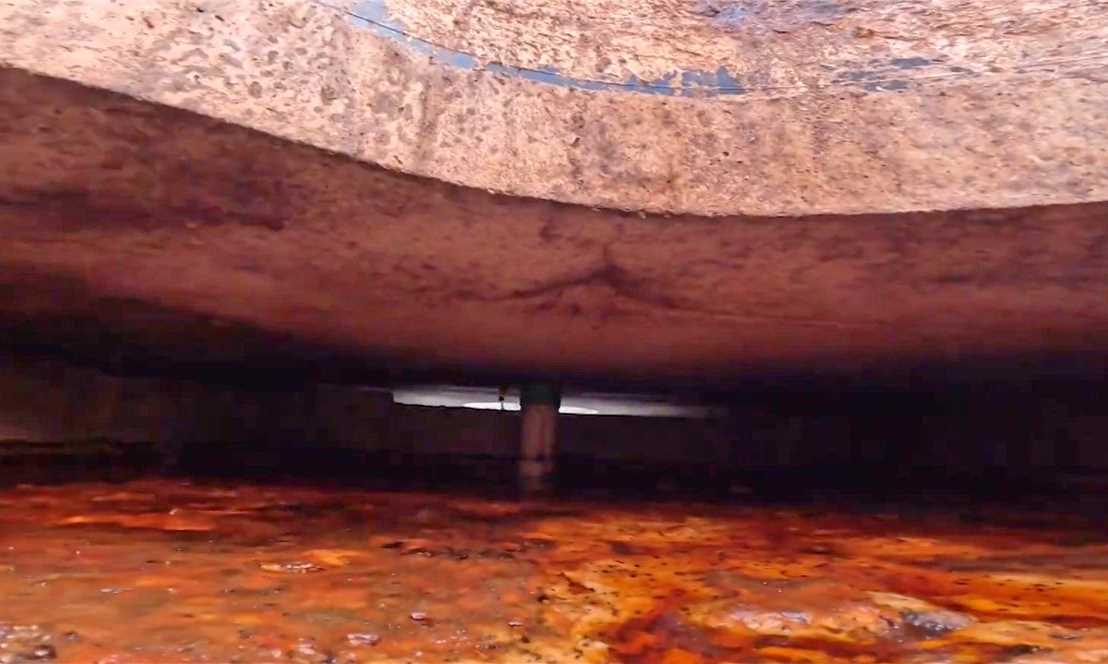Washington City’s Grease Interceptor Ordinance Impact On Small Businesses
In Tacoma Washington, a recent policy shift has created significant challenges for small food businesses. The local government has introduced stringent requirements for grease management systems, aiming to prevent fats, oils, and grease (FOG) from clogging the town's sewer systems. However, the cost and complexity of compliance have left many restaurant owners feeling overwhelmed and uncertain about their future.
The issue centers around the installation of gravity grease interceptors, large and costly underground tanks designed to trap grease before it enters the sewer system. These systems, while effective, come with a hefty price tag—ranging from $50,000 to over $100,000. For many small business owners, this expense is simply unaffordable, especially when combined with the potential disruption to their operations during installation.

One local restaurant owner, who opened a new eatery in a less-trafficked area of town, found themselves facing this very predicament. Their menu, which focuses on takeout and delivery-friendly items, would typically thrive on services like DoorDash. However, the town’s regulations now require them to install a gravity grease interceptor before they can offer delivery, an investment far beyond their current financial capacity. Despite a generous offer from their landlord to share the cost, the expense and the associated loss of revenue during construction have left the business in a precarious position.
This restaurant owner isn’t alone. Many other small businesses in the area are grappling with similar challenges. The town's Environmental Services department appears committed to enforcing these regulations, despite the financial burden they impose on local entrepreneurs. The policy has become a source of frustration for many, who feel that it favors larger, well-funded businesses that can more easily absorb the costs.
In one case, a local bar and restaurant with decades of industry experience tried to comply by upgrading their existing grease interceptor, only to be told later that it still wasn’t sufficient. They were then required to increase the frequency of professional cleanings, adding to their operational costs. These kinds of demands, coupled with conflicting guidance from different town officials, have left many business owners feeling as though they are navigating a constantly shifting landscape with no clear direction.
While the town officials argue that these measures are necessary to protect the environment and maintain the integrity of the sewer system, the lack of flexibility and support for small businesses has sparked concern. Some owners worry that the high cost of compliance will stifle the growth of the local food scene, driving away potential new businesses and forcing existing ones to close.
Adding to the complexity is the town’s apparent preference for the larger, in-ground interceptors over more affordable alternatives. Although smaller, hydromechanical grease interceptors are widely used in other municipalities and can be just as effective when properly maintained, they are not considered an acceptable option under the current regulations in this town. This stance has raised questions about whether the town’s approach is truly in the best interest of its small business community.
To prevent problems in your commercial kitchen drains that can result from having a clogged grease interceptor, consider installing The Drain Strainer. Invented by a former restaurant owner, The Drain Strainer is a commercial garbage disposal alternative that captures food solids that could clog your pipes and grease trap while still allowing your sinks to drain quickly.

